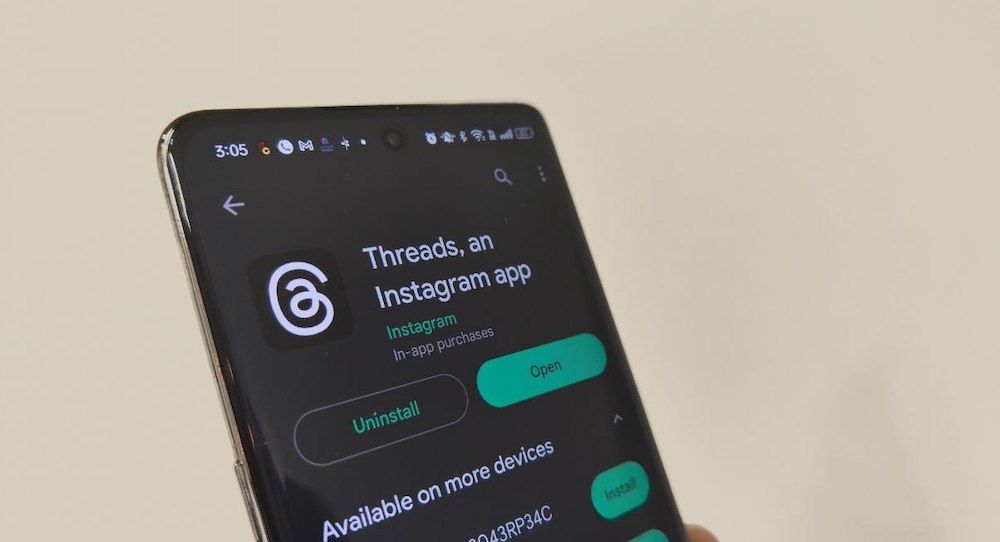Intensified scamming activities already surrounding Meta’s Threads app

Just one week after its launch on July 5, Threads, the new microblogging app from Meta, has already amassed an impressive 100 million sign-ups. However, as is often the case with popular trends, scammers have wasted no time in capitalising on its popularity.
Kaspersky experts have discovered several deceptive tactics being used by scammers to exploit the app’s user base. This involves primarily masquerading as the Threads app to trick users, possibly gaining unauthorised access to their accounts, personal data, and even their finances.
Fraudsters have developed phishing pages that mimic a non-existent web version of Threads. Users are deceived into entering their login credentials, accidentally divulging their private information to scammers. Since Threads is linked to other Meta services, users may also face the risk of losing access to various social media accounts, such as Instagram and Facebook. Not only does this pose privacy concerns like identity theft and doxing but more worryingly it carries financial risks. Personal banking information or even corporate finances, as businesses use these accounts for creating ad campaigns, may end up in the wrong hands.
“Scammers have mastered the art of capitalising on trending topics, emphasising the importance of maintaining constant vigilance. The prevalence of scams surrounding the popular Threads app serves as a stark reminder of the risks we face in the digital realm.’’ Olga Svistunova, security expert at Kaspersky said.
‘’From deceptive schemes to data collection tactics, these fraudsters spare no effort in compromising your personal and financial security’’ he added.
Another scam also involves a fictitious service called Threads Coin, which claims to offer enhanced possibilities by bridging the gap between the physical and digital worlds, specifically within the Metaverse. Users are tempted to purchase this coin using Ethereum. However, the only outcome users would experience is financial loss.
Another scheme presents users with the opportunity to gain new followers on the new social network for free. They can opt for 10,000, 25,000, or 50,000 followers. Once the desired option is selected, the user is prompted to undergo a verification process. This involves selecting one of the available options, which may include sending a text message and potentially winning a special prize. However, to claim the prize, the user may be required to make a payment. Unfortunately, the user ends up losing money and never receives the promised prize. Furthermore, the scheme encourages users to share the scheme via text messages, unknowingly becoming unwitting tools for spreading the scam.
‘’To safeguard ourselves, we must adopt a skeptical mindset, scrutinise suspicious activities, and prioritise cybersecurity measures. By staying cautious amidst the allure of trending topics, we can fortify our defenses and navigate the digital landscape with confidence,” Olga said.
Follow us on Telegram, Twitter, and Facebook, or subscribe to our weekly newsletter to ensure you don’t miss out on any future updates. Send tips to editor@techtrendske.co.ke


